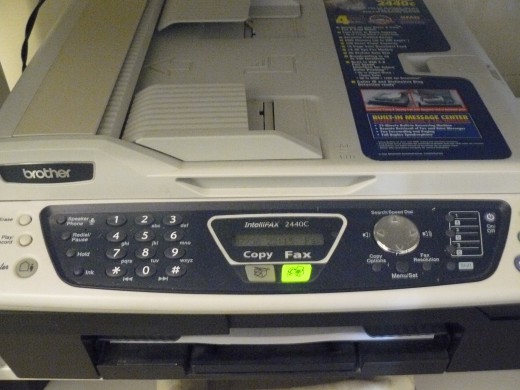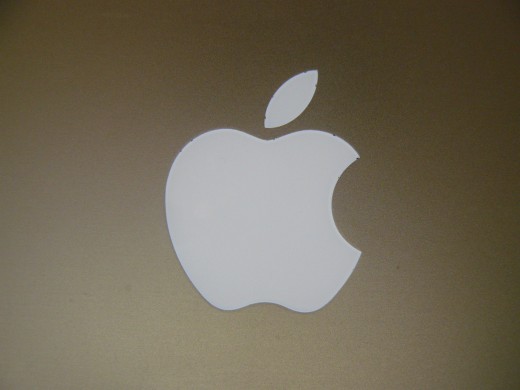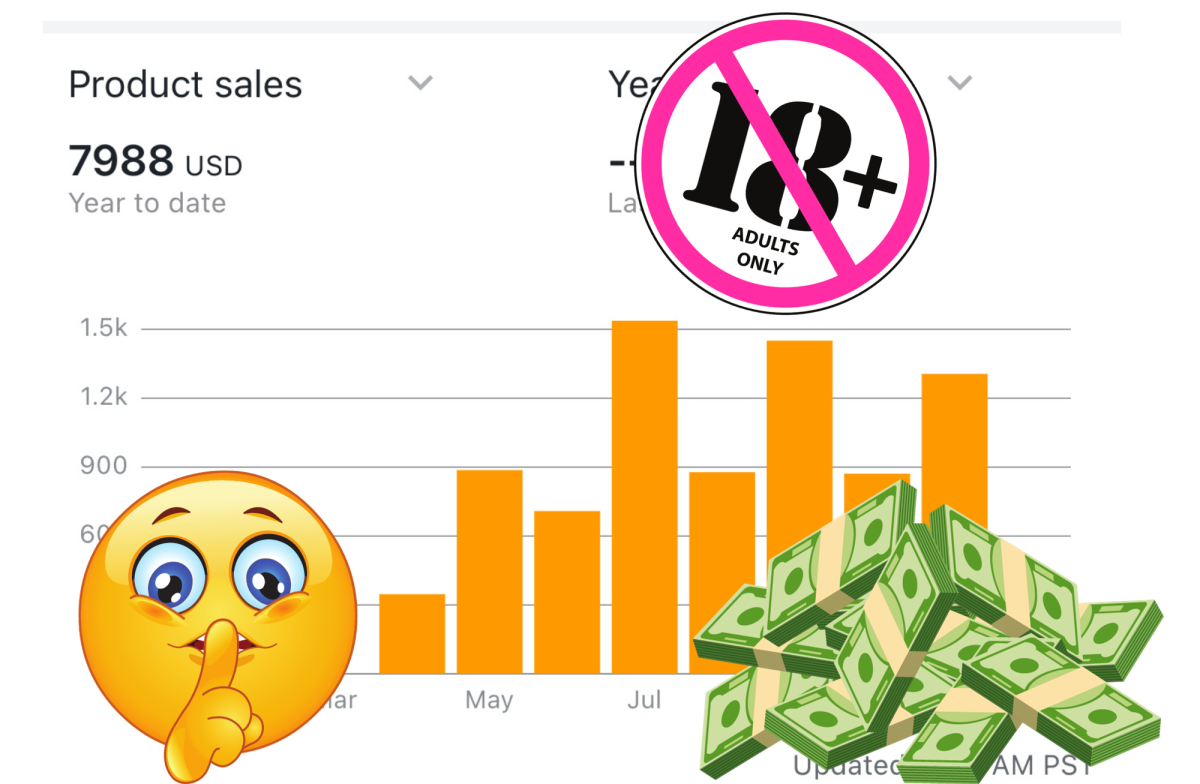Generations X, Y, & Z; The New Workplace and the Last of The Baby Boomers


The surviving Baby Boomers are in the process of leaving the workplace for retirement. They were replaced with Generation X who is now fading into the sunset as well. I'm a Generation X'er, born in the 60's or 70's, also called the Baby-busters or the ME Generation.
We were the last generation that got away with building a career without college. We were also the last generation to attempt the conformity of our predecessors. We were the generation in between. Technically, we were the generation that failed.
It was The X Generation that saw our fathers work for the same company for their entire careers. Since we were raised with these concepts- that our bosses would take care of us if we tow the line and show loyalty- we implemented these same ideas into our early careers.
We were also the first computer generation. Years ago in the officeplace the Baby Boomers whined and complained every time something changed or every time a work task became computerized. For example, a company most likely spent decades printing out and snail-mailing its invoices and bills to customers. During the Gen X infiltration came credit cards and phone sales. Then, the use of the fax machine. Then came software packages; computer programs that could print and send invoicing. And then the introduction of electronic billing and electronic payments. We gave the world Lotus 123. And does anybody remember microfilm or microfiche? Haha, yeah… don’t admit that.



Business changed as the result of Generation X, and so did employment. Outsourcing began. Older employees quickly lost their value. Early retirement packages were implemented to clear out dead weight and to cut costs. Companies stopped being family-friendly and started being efficient.
The Baby Boomers who were always looked upon as stable for being married with kids, were now looked upon as the employees requiring the most benefits, costing the most, asking for the most time off, and offering the least in the computer generation. The newer, younger employees were willing to work holidays, weekends, and evenings. They were single and more adaptable. They knew computers. They were able to do the same job for half the money since they did not have a family to support.
But these changes continued with entropy. It was much like the classic example of the technology lag of airports. As the technology behind designing and building jets improved, airports couldn't keep up. Generation Xers were like these new airplanes: faster, sleeker, better, and the companies they worked for didn’t quite know how to handle it.
The way those companies handled, or didn't handle Generation X has resulted in the work climate of today. Many stuck to the old ways of the Baby Boomers who are now almost all gone. This has left these organizations in a very poor position now. Other companies adopted change at all costs, abandoning loyalty for the sake of competing and surviving. As some Generation Xers reached the mid point of their careers they did the unthinkable and branched out on their own. In the technology age, this was completely possible. As technology changed, the need for these new businesses was created. As unhappy employees were pushed out of the workplace, those new businesses were populated. It was a confusing time for many companies.
And as Gen Xer’s broke out in their own start-up, it changed the face of business. Some made it, and some failed, joining the ranks of the many Gen Xers that failed and had to move back home with their parents.
Obviously it’s not that simple. Many factors went into what’s resulted in the economic landscape of today. But from the business point of view, this is one of them. As a result of the Generation X workplace, consumers were not in a position to buy, and competition was constantly doubling and tripling.



Today, Gen X, those once bright and sometimes blinding beams of a newer confused workforce are settling into their 40’s, and employees half their age are on the scene. Welcome Generation Y.
Y was a different animal. Born between 1980 and 1995, they were raised by doting parents who didn't want their children to feel the pressure and competition that raised them. Y's had serious technological and social skills and a completely different outlook on business. And keep in mind, the business world that came before them had been basically demolished. The company your father retired with became a company that cut its dead weight. Entire departments were closed or revamped. New departments focusing on new concepts like web development were created. Outsourcing became a legitimate option for competing financially.
The Y Generation saw that companies needed websites and websales. They all carried cellphones and debit cards. And they saw the Gen Xer's struggle to get companies to change, rather than fail.
Generation Y saw older employees that had given their life’s work to one company getting fired, laid off, or forced into early retirement. The workplace needed to streamline and re-invent itself, and once it embraced Gen Y, it did so by cutting the deadweight of Gen X and prior: ironically, a lesson the X'ers taught those same companies in the first place.
By Y2K, in two words: everything changed. And as the 21st century began, Generation Y began its run, questioning just about everything that had come before.
Slowly the focus of most sustaining companies shifted from enforcing rules that don’t work to actually getting work done. Many Y’s were turned away from some sinking outdated companies, but smartly embraced by cutting edge ones. And to attract Gen Y employees, companies had to become current instead of antiquated.
Y’s were working remotely around the clock. They were tekkie and effective. They redefined The Marketplace and how to reach their targets.
A great example of that concept in action was the Obama for President Campaign. They were viral, they were Tweeting, they were Facebooking, Youtubing, Skyping, blogging and texting. They were in online forums, messageboards and chatsessons. Every evening the campaign went online to decide where they should go the next day. And look how it worked out for them. They experienced maximum effectiveness.


Everything that came before looks like a dinosaur. In just a few short years it went from being a cool option that a company consider electronic invoicing to it being a necessity.
But it's important to understand that the biggest change wasn’t just in the computers. It was in the attitude.
Generation Y saw how the “Be loyal and tow the line” conformity mantra of the past had failed their fathers. A Generation Y kid is the first to be able to tell you that his mother worked for the same company for 25 years, since she was only 20 years old, and was fired for pretty much no reason. She never got to spread her wings, she never liked her job, she never looked forward to going to the office to sit at the same desk from 8am thru 5pm. No boss had ever listened to her ideas, they just made sure she was sitting at her desk at the right time, and didn't leave a minute early. The company taught her to worry about being 3 minutes late to the office, rather than the work itself. Her goals had been discarded and her talent wasted as she spent the majority of her time obeying ridiculous company rules about taking multiple sick days in a 3 month period, or what to wear, or hiding a tattoo, or having to be back from lunch in exactly 45 minutes. The company that imposed the most restricting regulations was also the company that threw her away for a new employee who knew Unix, or Oracle, who’d accept the position for $15K less a year than she made.
Gen Y stood up and said, “Yeah, I don’t think so.”
Head-hunters and online resume/career forums went into full swing as not only the business world changed, but also the employees changed.
The Baby Boomers are no longer running the show. They’re being run out of the show. The last of them will be retiring in the next decade. Even companies that dragged their heels coming into the 21st Century have to face the fact that their company elders are Gen X’ers: leftovers of a disappointed generation caught in between the “work ethic conformists” of yesterday, and the technologically superior non-conformists of tomorrow.


People born in the 1980’s see first hand that job stability is non-existent now. Instead they focus on their own careers instead of the job a company offers. They are concerned with Green issues, feeling good about what they do, and knowing that they don't have to depend upon any one company for everything they need. They see the unhappiness and disillusionment of the past generations. They see no purpose in allowing themselves to be non-thinking clock-punching sheep that are tied to desks, doing as told, instead of thinking as needed. Y has re-written the model X tried to launch. And as all generations prior have either retired, burned out, or failed, Gen Y has created a different business platform.
And change is not over. Generation Z says, “Bring Me The Horizon.” They are even more polarized and focused on having quality lives. Also called the Net Generation, these are the youngest offspring of Generation X, typically born from 1990 thru the early 2000’s. They don’t want to wind up moving back home with their parents, like many of their parents had to do. They don’t want to be caught in-between so they are constantly competing for the most current and efficient technology. They don’t understand songs like “Thank God it’s Friday,” or “Everybody’s Working for the Weekend.” These are concepts that are simply beyond them.
Today’s successful business is Gen Y inundated and Gen Z prepared. The newest additions to the workforce are what will make or break a company today. These newcomers aren’t looking to conform, they are looking to be regarded because they can bring something valuable into the workplace; something important and current, something that earns money and has growth potential. Functioning businesses look to an employee for what they can offer in the way of branding, viral marketing and social media, instead of focusing on irrelevant trappings like not taking more than 2 instances of sick time within 30 days.







